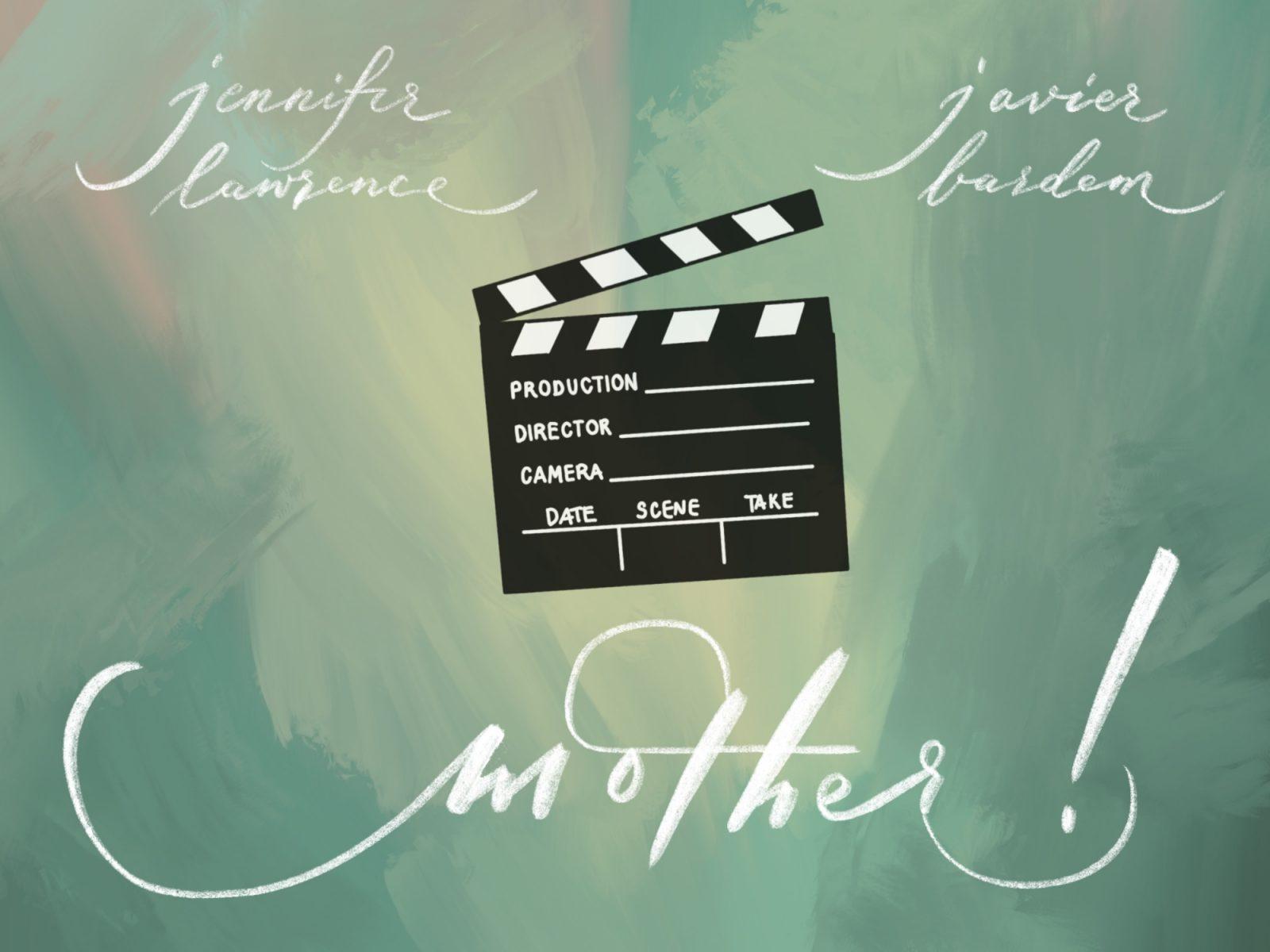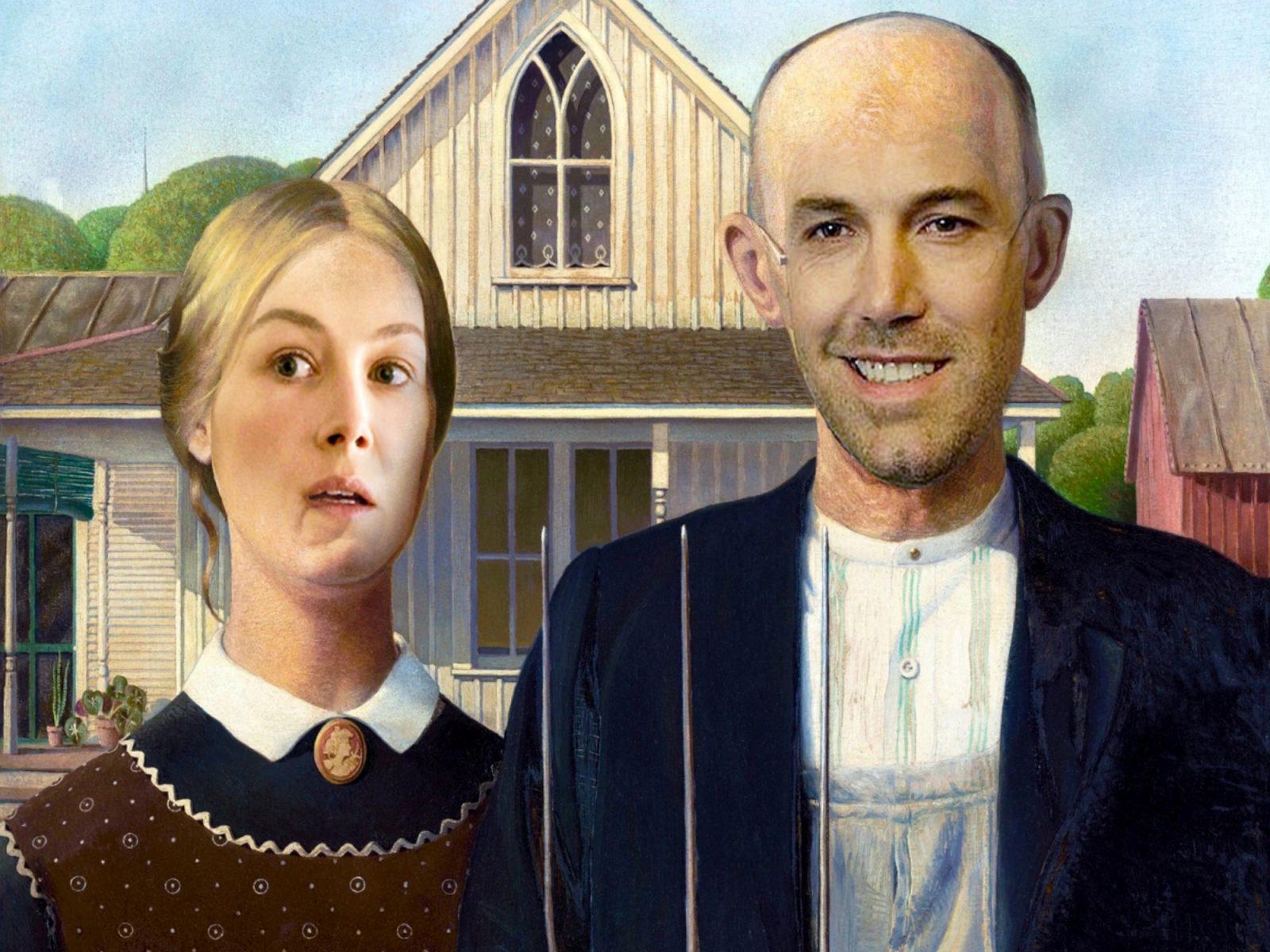Quentin Tarantino is a name you’ve probably heard referenced at least once during a slightly too-intimate dorm party. He’s your local film bro’s favorite director — which you probably already had guessed before they told you. All jokes aside, Tarantino is widely regarded as one of the greats for a reason: because he’s just that.

The director’s highly-acclaimed 2009 war comedy “Inglourious Basterds” solidifies this assertion. Tarantino retells history by detailing two independent assassination plots, one by Jewish-American soldiers and another by a French-Jewish theater owner during the Nazi occupation of France.
Audiences loved the film’s duality — from Brad Pitt’s spaghetti western blazing confidence and masculine mustache to Christophe Waltz’s and Mélanie Laurent’s chilling cat and mouse scenes.
The film is audacious — I mean, any film that contains Hitler getting assassinated while a theater full of Nazis are burning alive is going to have to take some risks to get there.
Although that’s Tarantino’s signature — creating entertaining sequences and comedic moments out of dark subject matter is a quest that he ritually embarks on.
During this iconic theater scene, you may find yourself audibly laughing and cheering. But, it’s not weird—they’re Nazis! Brad Pitt and his military posse save the day heroically, even at the cost of some of their lives.
In the final scene, as Pitt carves a swastika into Waltz’s forehead, you’re supposed to feel a sense of resolution, redemption, patriotism even. The good guys won.
As I see it, Tarantino’s intention was exactly that — to make you identify with the American exceptionalism that the film promotes.
“Inglourious Basterds” successfully replicates the effects of actual American propaganda by indoctrinating audiences into supporting the extreme violence that occurs on screen in the name of entertainment.
Moments before the theater burns down, Tarantino shows us the Nazis watching their own propaganda film. Every time a German soldier shoots another person on screen, the Nazis laugh with delight.
We watch this happen on our own theater screens, but our reactions, of course, are different. We are disgusted by these monstrous people and their laughter toward the abhorrent violence they’ve enacted.
Moments later, when the American soldiers are gunning down Hitler, and the theater-goers’ screams grow louder amidst the flames, we may react with similar delight and excitement.
Tarantino takes this opportunity to hold a mirror in front of his audience’s faces and ask: What makes you different from them?
Audience members might answer with the belief that these soldiers were righting wrongs — that Hitler and the Nazis were undeniably evil so comparing our reactions is unfair.
However, I don’t think Tarantino’s intention was to make audience members feel guilty for their reactions but rather to make a point about the audience’s susceptibility to biased narratives. Specifically, those that revise historical events to support the American agenda.
Many of us believe that the Nazi’s actions were wholly unjustified. As we know, most Nazis didn’t see it that way, in large part due to the propaganda they were spoon-fed.
Tarantino references this pride earlier in the film when Pitt offers a Nazi the option to keep his life in return for information, but the Nazi unwaveringly accepts his fate, only to have his fellow comrade give them the intel immediately after he’s killed.
In a typical American war film, audiences would view maintaining loyalty to their nation in the face of death as brave and courageous — but viewers of “Inglourious Basterds” are led to view these same qualities embodied by the Nazis as misguided and pointless.
Tarantino exemplifies the hypocrisy of this view, pointing out how influenced American values are by the media. By placing us on the opposing side, we are able to see the subjective nature of the “war hero.”
A soldier’s honor is rendered useless in death.
While the film critiques the audience’s response to the violence, it also serves to justify it through Shoshanna Dreyfus’ story.
Shoshanna, played by Laurent, is a personal victim of the Nazis. In the beginning of the film, she loses her entire family and livelihood because of them. She keeps her life only to be forced to spend it assimilating with the same forces who have attempted to take it from her.
When she finally gets her revenge, the audience is meant to experience a catharsis because of the journey we’ve experienced together. Like in many of Tarantino’s “feminist” revenge tales or blaxploitation films, there is pleasure to be derived from watching those who have been oppressed enact retribution.
With this piece, Tarantino criticizes war films that focus on personal glory and vain moral superiority, as well as reinforce hegemonic masculinity.
“Inglourious Basterds” utilizes a revisionist lens to remind viewers of their own susceptibility to political propaganda, as well as the influence it has on American attitudes and perceptions. We must consume media with caution, even when it’s a movie made by our favorite director.



























































































































